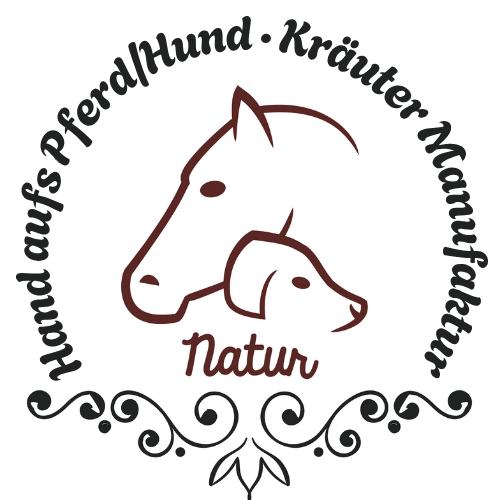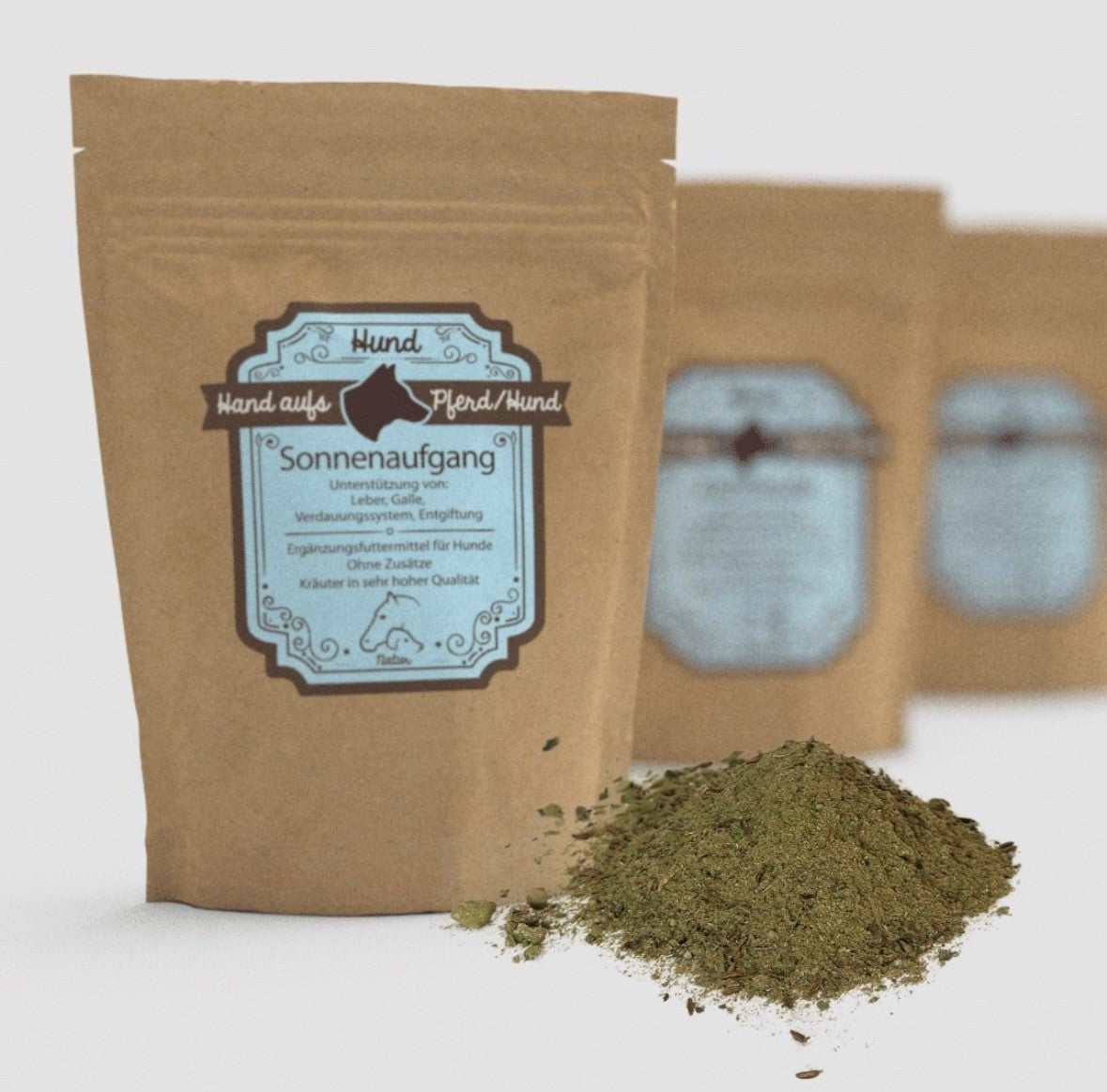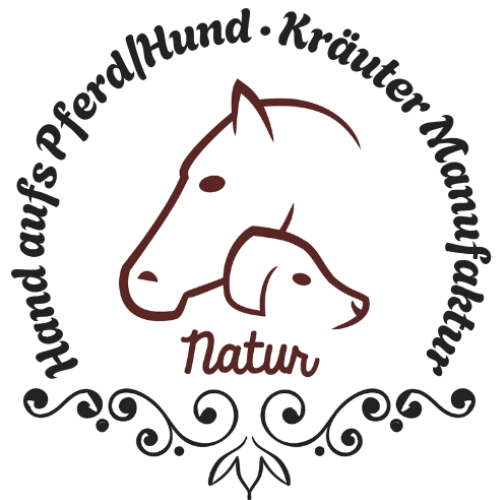
Dog licking paws - Why does he do that
Why does my dog constantly lick his paws?
Dogs are known to lick their paws regularly. In most cases, this is a completely normal behavior for hygiene reasons. However, if your dog suddenly or frequently licks their paws, it could also indicate health problems or other causes. In this article, we'll discuss the different reasons why dogs lick their paws and when you, as a dog owner, should take notice.
Paw licking as normal behavior
Like humans, dogs groom themselves. Licking their paws is often part of a dog's daily routine to remove dirt, moisture, and grime. Licking their paws is a completely natural response, especially after a walk or time outdoors. So, if you notice your dog occasionally licking their paws, it's usually completely normal and nothing to worry about.
Excessive paw licking: Signs of health problems
However, if your dog licks his paws constantly or intensively, this could indicate a health problem. The cause is often irritation, infection, or an allergic reaction.
Allergies as a cause of paw licking
One of the most common reasons for excessive paw licking in dogs is allergies. Dogs can be allergic to various substances, such as certain foods, dust mites, pollen, or grass. The skin between the paws is particularly sensitive, and when these allergic reactions occur, licking may be an attempt to relieve the itching.
Parasites and skin infections: Other triggers for paw licking
In addition to allergies, there are also a number of parasites and skin infections that can cause constant paw licking. Skin fungi, bacteria, or fleas can trigger unpleasant itching and irritation symptoms that cause the dog to lick its paws.
A particularly common problem is skin infections between the paws, which can be aggravated by constant licking. If your dog licks his paws and the skin in that area appears reddish or inflamed, it could be a bacterial or fungal infection.
Foreign body between the paws
One of the most common and harmless causes of paw licking is foreign objects such as small stones, thorns, or grit that can get caught between the pads. If your dog suddenly starts licking his paws more frequently, a small foreign object could be the culprit. Check his paws regularly, especially after walks, to make sure nothing is bothering him.
Stress and boredom: Psychological causes of paw licking
Sometimes paw licking isn't a medical problem, but a behavioral one. Dogs suffering from stress or boredom tend to calm themselves by licking or chewing. This behavior can occur as a form of "self-soothing" when your dog is confronted with changes in their environment or routine.
Behavioral changes due to changes in everyday life
Dogs are very sensitive to changes in their environment. For example, the arrival of a new family member or another pet can trigger stress, which manifests itself in excessive paw licking. This behavior can also occur during moves, extended absences, or other stressful situations.
When paw licking becomes a problem
While occasional paw licking is nothing to worry about, intense or excessive licking over extended periods should be monitored. If your dog causes injuries or skin inflammation through constant licking, a secondary infection may occur. In this case, licking is no longer considered harmless behavior but part of a vicious cycle of skin problems.
Another indication that something is wrong is if your dog displays other symptoms in addition to licking. These could include redness on the paws, hair loss, or pus formation.
Liver health and paw licking in dogs – possible connections
Excessive paw licking in dogs can have many causes – one of them, which is often overlooked, is liver dysfunction . The liver is a central organ for metabolism and detoxification. If it is not optimally supported, it can place increased strain on the organism.
Impaired liver function can contribute to the incomplete elimination of metabolic waste products . This can manifest itself in skin irritation, itching, or a general feeling of discomfort, among other things. In such cases, licking the paws may not only serve as a cleansing mechanism but also as a reaction to an internal imbalance.
When you should take a closer look
Conspicuous paw licking in conjunction with other signs such as:
- Fatigue or lack of motivation
- Decreased appetite
- Weight loss
- Discoloration of the mucous membranes
...may be an indication that liver function should be checked. In this case, it is recommended to have a veterinary examination performed to determine the cause.
Supporting the liver through an adapted diet
A balanced diet can support your dog's liver health and thus promote overall well-being. Specially formulated herbal or nutrient blends can also be part of a holistic feeding strategy.
Our Liver Herbal Formula contains selected ingredients that:
- Support the natural metabolism
- Nutritionally support liver function
- Provide skin and coat with nutrients from within
When should you go to the vet?
It's always advisable to consult your veterinarian if your dog's paw licking suddenly becomes more intense or persists for no apparent reason. If your dog exhibits additional symptoms such as coughing, diarrhea, behavioral changes, or fever, there may be an underlying condition that requires treatment.
How to help your dog with paw licking
If your dog licks his paws excessively, there are some steps you can take to help until you identify the cause. Make sure he's fed a balanced diet that's free of allergenic ingredients. Regularly grooming his paws and checking for any foreign objects or skin irritations are also important.
If you suspect an allergy, infection, or parasitic infestation, consult your veterinarian. They can provide an accurate diagnosis and prescribe appropriate treatment options, such as antihistamines, antibiotics, or antiparasitics.
Hygiene and care
Regular paw care is an important part of preventing excessive licking. Wash your dog's paws after a walk to remove dirt, salt, or other irritants. If necessary, you can clean the paws with special paw baths or use a soothing paw oil.
Conclusion: What to do if your dog licks your paws?
Paw licking is generally a natural behavior in dogs, but if it becomes excessive or is accompanied by other symptoms, you should pay attention. Excessive licking can indicate allergies, skin infections, stress, or even a foreign body. A thorough examination and possibly a visit to the veterinarian can ensure your dog receives help. In many cases, the behavior can be alleviated with simple measures such as adjusting the diet, regular grooming, or stress reduction.
Source: Martina Hemm July 2025



